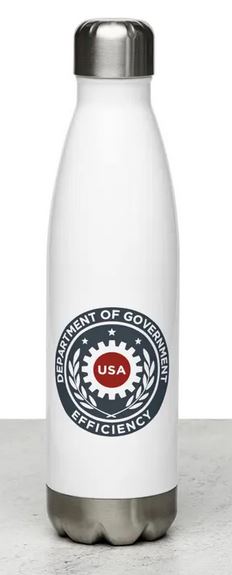Lawrence Person asks the important question:
The Secret Service agent that engaged the would-be Trump golf course assassin missed six shots despite being five feet away.
How does that even happen? How can even you even miss from that close?
It’s a really good, and ultimately important question.
I remember that in a long-ago post castigating law enforcement for being terrible shots, one of my Readers commented that while my comments might be true of the average city cop’s shooting skills, it was certainly not true of dedicated officers like those in the Secret Service.
Ha.
Perhaps the answer might lie in this little tidbit, still from Lawrence:
I’m an adequate shot (not a Secret Service agent who presumably visits a shooting range every month), but I don’t think I could miss a human target from that range.
Forget monthly. How about weekly? Actually (and I admit to not knowing the truth of this), I might be persuaded to bet that the SS quali sessions are annual, or at best quarterly.
And in my own case, I am no more than an adequate handgun shot (as anyone who has shot with me will attest) but bloody hell, I shoot my carry 1911 about three times a month, and if I can’t put all eight shots from my first mag into a palm-sized group at 15 feet (three times more than the five above), I keep shooting until I get at least four mag loads in a row into that area. (If I dump the first mag successfully, I might only do a couple more mags, just to be sure.)
Generally speaking, my first magazine’s boolets tend to end up inside a 2″ hole at 15 feet, with a flyer — and this comes as a result of endless, self-critical practice because as I said, I’m only an adequate handgun shot.
Hell, I shoot my 2″ backup S&W Airweight snubby more accurately than that clueless SS agent, and I only practice with it about every other month. (Which reminds me… I need to shoot it later today — pack a box or two of .38s, Kim, and you might as well do a little with the bedside .357 while you’re there.)
Jeff Cooper would have wanted it that way.
Here’s a thought for whoever’s going to be in charge of the President’s protection detail: weekly quali sessions, with a very exacting standard for marksmanship (e.g. like mine). And for anyone who fails to meet that standard, suspension from the detail for a month — said month to be spent on daily range sessions until the marksmanship improves.
This job is too important to be delegated to Barney Fife types — and especially so as Trump has already proven to be a tempting target for assholes. That hapless agent who missed from five feet should be fired, period.
That I should even have to say all this makes me want to puke.















 ...and as we race down
...and as we race down 




“This is what happens when you bring in nationalized healthcare and the government realizes they can’t pay for it.”
On a related topic, Canuckistan’s death by assisted-suicide rate is higher than death by gunfire. Knowing them, they’re going to say next that this is proof that gun control works.